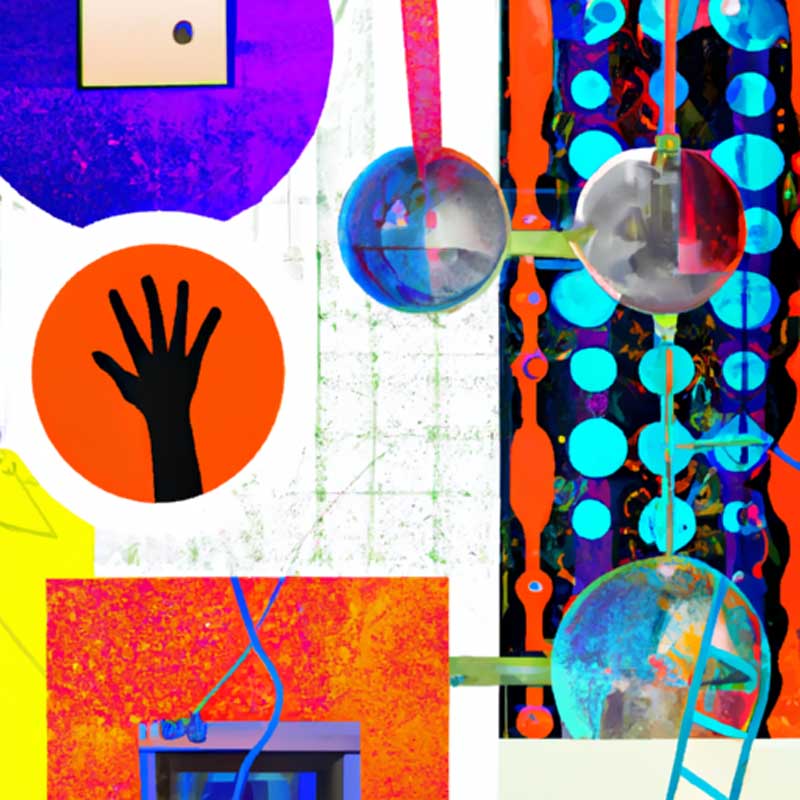TLDR:
- A bipartisan group of US senators has introduced a bill that would criminalize the spread of nonconsensual, sexual deepfake images created through artificial intelligence.
- The bill, called the Disrupt Explicit Forged Images and Non-Consensual Edits Act of 2024, would allow victims depicted in nude or sexually explicit “digital forgeries” to seek a civil penalty against those who produced or possessed the deepfakes with intent to distribute them.
A bipartisan group of US senators has introduced a bill that would make the spread of nonconsensual, sexual deepfake images a criminal offense. The bill, known as the Disrupt Explicit Forged Images and Non-Consensual Edits Act of 2024, aims to hold perpetrators accountable for the creation and dissemination of deepfake pornography. The introduction of the bill was prompted by the recent proliferation of pornographic deepfake images of Taylor Swift on social media platforms. These AI-generated images of Swift were created and shared without her consent, leading to widespread outrage and calls for action.
The proposed bill would allow victims depicted in nude or sexually explicit “digital forgeries” to seek a civil penalty against individuals who produced or possessed the deepfakes with the intent to distribute them, as well as anyone who knowingly received and shared the material. The bill is supported by US Senate majority whip Dick Durbin and senators Lindsey Graham, Amy Klobuchar, and Josh Hawley.
Deepfake technology has become increasingly common on the internet, as advances in artificial intelligence have made it easier to create convincing fake images and videos. Some deepfakes remove a person’s clothes or superimpose their face onto another person’s body, while others are entirely generated by AI. The creation and dissemination of deepfake pornography can have serious repercussions for victims, as it can harm their reputations and infringe upon their rights to privacy and consent.
The bill aims to address this issue by criminalizing the creation and distribution of nonconsensual, sexual deepfakes. It seeks to provide victims with legal recourse to protect their reputations and hold perpetrators accountable in court. The introduction of this bill is an important step in combating the harms of deepfake pornography and ensuring that individuals have the right to control how their likeness is used.
Overall, the bill introduced by the US senators represents a significant response to the increasing prevalence of nonconsensual, sexual deepfakes. By criminalizing the production and distribution of these harmful images, the bill aims to protect victims and deter individuals from engaging in this form of cyber harassment. It remains to be seen how the bill will progress through the legislative process and what additional measures may be implemented to combat the issue of deepfake pornography more broadly.
